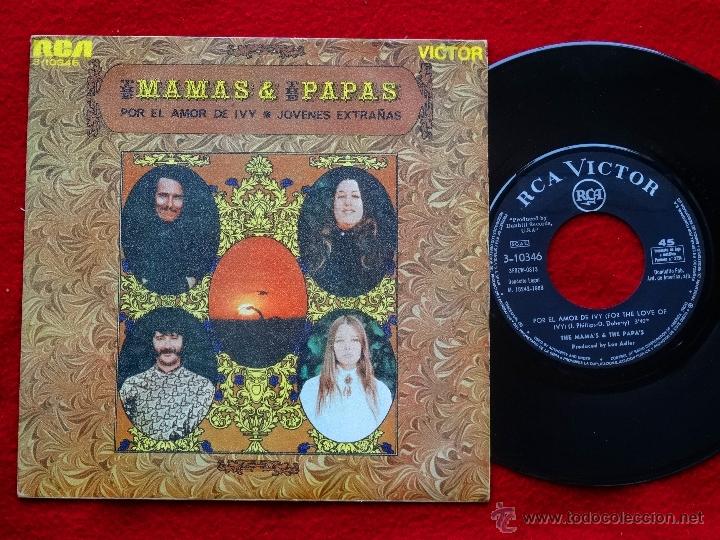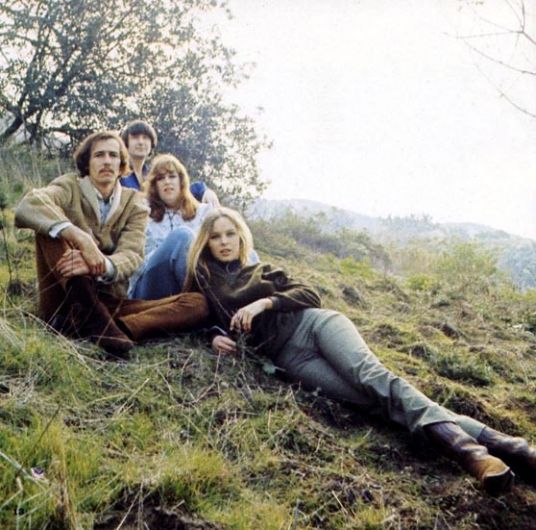
One that they composed jointly during this period was a catchy tune with some potential that expressed an idealized vision. Phillips formed the New Journeymen with future screenwriter Marshall Brickman and a young model and singer named Michelle Gilliam they didn't succeed any better, but Phillips and Gilliam married and they also started to write songs. Ultimately, Phillips' first marriage ended, as did the Journeymen, but his attempts at musical success continued. The latter group, a trio with Dick Weissman and Scott McKenzie, was one of the most promising small ensembles of the early-'60s folk music boom, but it never connected with the public despite being signed to Capitol Records - in fairness, the label already had the Kingston Trio, and Phillips' group was perhaps just a little behind the curve of where public taste and radio programming were heading. Phillips' first music forays moved from pop to soft jazz and finally into folk music, through groups such as the Smoothies and the Journeymen. He eventually entered music professionally, while his first marriage produced two children (one of them future actress MacKenzie Phillips).

In the background, however, was music, the guitar, and the sounds of Elvis Presley, the Platters, Teresa Brewer, and everyone else charting records in the mid-'50s. He was more of Elvis Presley's generation, the product of a chaotic home life with a difficult childhood and adolescence, and seemed to be headed for life as a low-level delinquent until he was scared straight, and then had been headed for the United States Naval Academy at Annapolis, MD.

The group's founder and de facto leader, John Phillips, born in 1935, was actually quite a bit older than most of the figures who emerged as rock stars during the middle and late 1960s. The irony behind the Mamas & the Papas' story is that the same forces that made it possible for them to create extraordinary music together also made it impossible for them to stay together for more than a short time. The group's success was as extraordinary as it was brief, and onlookers may well wonder what went wrong with a performing group that seemed to have the world at its feet for all of two years. Their music, built around radiant harmonies and a solid electric folk foundation, was gorgeous on its own terms, but a major part of its appeal lay in the easygoing southern California lifestyle it endorsed. The leading California-based vocal group of the '60s, the Mamas & the Papas epitomized the ethos of the mid- to late-'60s pop culture: live free, play free, and love free. The Mamas & The Papas Idioma disponible: inglés


 0 kommentar(er)
0 kommentar(er)
